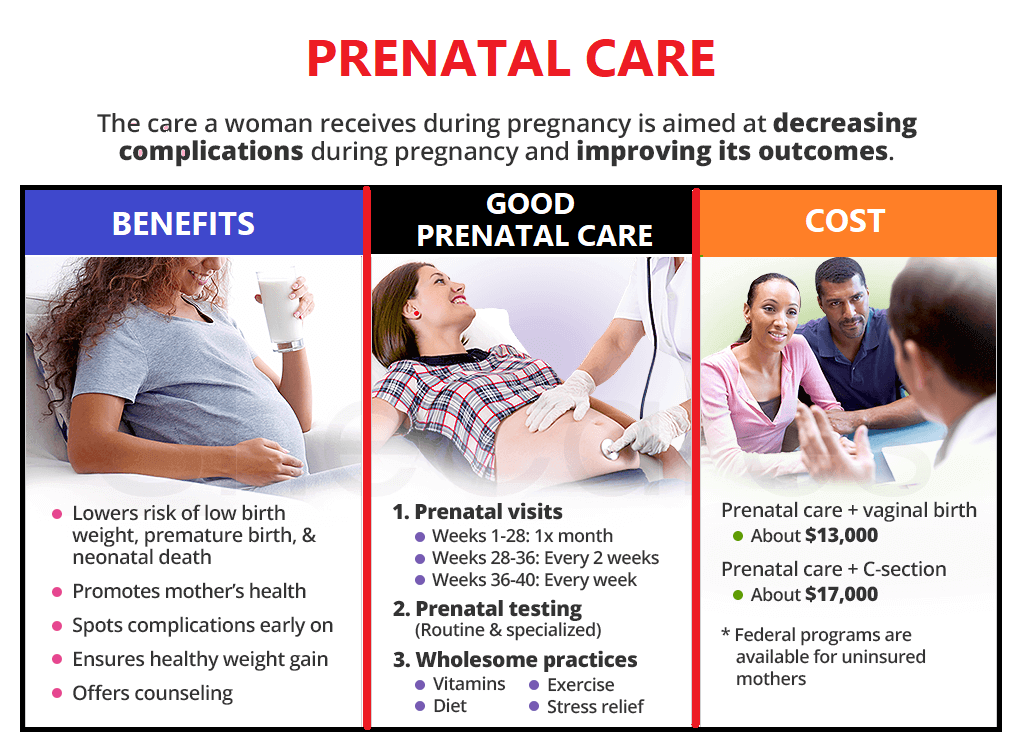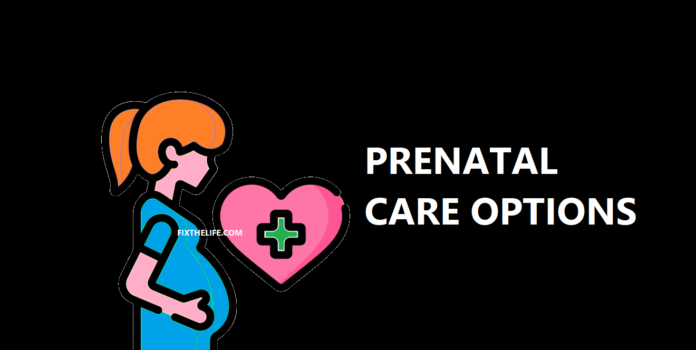Choosing where to go for prenatal care is one of the first important decisions you make when pregnant. It also sets the tone for your pregnancy and can affect things like where you deliver your baby.
Traditional obstetric care was designed in an era when few women worked outside the home. This article looks at whether current prenatal care models meet the needs of working women today.
What Is Prenatal Care?
Whether you choose a family doctor, obstetrician or midwife, early and regular prenatal care can help reduce the risk of pregnancy complications.
During your checkups, your provider may do blood and urine tests to test for infections such as hepatitis B, syphilis, gonorrhea and chlamydia. They will also listen to your baby’s heartbeat and check your weight.
Research shows that quality prenatal care can reduce maternal death, miscarriages and congenital disabilities, low birth weight and neonatal infections.
However, cost and lack of access prevent many women from receiving the necessary health services. To make prenatal care more accessible, community-based programs have developed innovative models. Choosing Your Provider
Prenatal care consists of regular, one-on-one encounters between the woman and her obstetric care provider. An abortion clinic Dallas can provide education and verbal screening of substance use and make connections to services.
It’s important to choose a provider with whom you feel comfortable. Ask friends, family and co-workers for recommendations, then visit the providers’ websites to read up on their credentials, treatment philosophy and facilities.
Find out where they have privileges to deliver babies, as this may impact your choice of hospital.
Some OB/GYNs have group practices, working with other obstetric care providers and nurses to share patient care. While this model can benefit women of all backgrounds, it’s only for some, and some patients prefer individual care.
In addition, group models may not meet the needs of all pregnant women and can’t provide some specialized services. For example, many do not offer perinatal education and support for women with substance use problems.

Prenatal Tests
Prenatal tests can help doctors diagnose health problems that may affect the fetus or pregnant woman. They can also help determine the sex of the baby and the estimated due date.
Your doctor will offer screening tests for common genetic disorders like Down syndrome and cystic fibrosis. They can also test for certain substances in your blood that can indicate chromosomal disorders and some congenital disabilities, such as spina bifida.
Your provider will also recommend that you have a carrier screening test for some genetic diseases, such as Tay-Sachs disease, sickle cell disease and spinal muscular atrophy.
These blood tests identify small changes in the genes that increase your risk of passing them on to the fetus, even if you don’t have the disease.
These types of tests are often recommended for both partners. They are also usually covered by your insurance.
During Pregnancy
The pregnancy journey is an exciting and life-changing time. It also brings a range of emotions, from joy to anxiety.
Getting health care throughout the pregnancy is essential to help reduce the risk of problems like premature birth and low-birth-weight babies.
Your doctor or midwife will review your medical history and ask about your symptoms. They recommend that you take a prenatal vitamin.
These vitamins provide folic acid and other nutrients like iron, calcium, and zinc. They should also include DHA (docosahexaenoic acid) and EPA (eicosapentaenoic acid), which are important for the baby’s brain development.
You may be offered vaccinations, such as for whooping cough (pertussis). Many areas have public health units that can be a good source of information about programs and services available to pregnant people in the community.
Recommendation
Why Parenting Styles Matter When Raising Children?
Naturally Increasing Your Breast Milk Supply
Tips For New Parents You Must Know
Overview of Your Abortion Options
Final Words by Fix The Life
In summary, choosing the right prenatal care provider is an important decision for pregnant women, as it can impact their pregnancy experience and where they deliver their baby. Access and cost barriers can prevent some women from receiving necessary prenatal care, leading to community-based programs developing innovative models to improve accessibility.
It is important to choose a provider with whom the woman feels comfortable and to consider factors such as credentials, treatment philosophy, and hospital privileges. Prenatal tests are essential in diagnosing potential health issues, and various screenings are available to identify genetic disorders and risks. Overall, regular prenatal care and necessary tests can help reduce complications and promote a healthy pregnancy.
ALSO READ:
Top 11 Best Orbeez Gun 2023 – Perfect Gift For A Child
The Perfect Easter Break Activities For You And The Kids
Active Gym Games That Will Cheer Up Your Kids
What is Breast Engorgement? How Can You Relieve the Symptoms?
Baby Nursery Rugs that Will Make a Hit out-and-out
Best Baby Car Mirrors – Keep an Eye At Your Baby While Driving




